There are over 2.8 million landlords in the UK, and although it is a tenant’s responsibility to take good care of the property over the duration of their lease, sometimes these reapers go beyond general wear and tear – this is where a dilapidations assessment comes in.
A proactive approach is most cost-effective when it comes to resolving these issues: Whilst professional advice at this stage is essential, speaking to a chartered commercial building surveyor pre and during the lease term is the best way to manage your landlord obligations.
The term ‘dilapidations survey’ covers any dilapidations matters, but professionally we use the terms pre-lease survey, dilapidations assessment, schedule of dilapidations, and dilapidations negotiation. Our expert building surveyors are here to discuss dilapidations, the benefits of conducting a survey and how our experts can help.
So, what is a dilapidation survey? A dilapidations survey is referred to professionally as many things, such as: a Pre-Lease Survey, Dilapidations Assessment, Terminal or Interim Dilapidations Schedule, Schedule of Dilapidations, a Dilapidations Claim or Dilapidations Negotiation.
Depending on the situation, the format and information included within these assessments will vary, but all will provide: a detailed and thorough report that inspects the condition of the property prior to, during its occupancy, or at the end of the commercial rental lease. Either during or at the end of a lease term, the landlord will issue the tenant a schedule of dilapidation which highlights the works required for the tenant to comply with the obligations in the lease.
If the tenant fails to return the property to the condition required as per the lease covenants the landlord can seek remedy either through financial settlement, undertaking the works themselves, or in extreme cases, forfeiture.
Read on to find out more about dilapidation surveys, when they are useful and how our experts at Fourth Wall can help with a detailed dilapidation report.
What Is a Dilapidation Survey?
A dilapidation survey is an independent assessment that either a landlord or property manager will arrange which will give a detailed report that inspects the condition of the property prior to or at the end of a commercial rental lease.
From this, the landlord or property manager can serve a schedule of dilapidations which is a list of disrepair to the property and breaches of lease from the tenant that they are financially responsible for as well as the actions and costs it will take to repair these damages to bring the property back to its former condition.
If the tenant or occupier fails to follow through with these repairs on the property to bring it back to its original condition the landlord can seek to recover these costs through dilapidations.
Who Pays For a Dilapidations Survey?
A dilapidation survey is commonly required towards the end of a lease and each party will pay for a surveyor to negotiate the dilapidation claim on their behalf. Typically most leases will require the tenant to pay for the dilapidations surveys as well as any other actions that are required.
What Does ‘Dilapidated’ Mean?
Dilapidation describes the process of something that is falling into disrepair or decay due to neglect or age. In relation to property surveys, it refers to any repairs that are required for the tenant to complete at the end or towards the end of a tenancy or lease for the property. Examples of things that may be highlighted in a dilapidated report include structural problems and decorating issues.

What is the Purpose of a Dilapidation Report?
A dilapidation report conducted by a third party can be an extremely useful tool especially when it comes to helping settle disputes between tenants and landlords. A report provides evidence to help hold the tenants accountable for any changes to the original state of the property and make them liable to cover any costs. These costs may include repair costs, landlord fees and even loss or rent if the next tenant is unable to move in because of the damage.
Although commonly used by landlords a dilapidation survey can be extremely helpful to tenants as well. This is because a tenant can use a dilapidations survey if the landlord is trying to charge them unfairly for dilapidations. This is commonly seen when landlords try to hold tenants accountable for damages to the property that already existed when they move in.
When Is a Dilapidation Survey Required?
A dilapidation survey is often requested by landlords or a tenant to be carried out prior to a new tenancy or if the tenant is coming to the end of their lease. This is the most common occurrence as it gives a full report of the repairs that must be done to the property to align with the tenant’s agreement.
What is Included in a Dilapidation Survey?
A dilapidation survey gives a comprehensive overview of all the physical aspects of the property and any changes to the original design. The surveyor will look at a number of elements here including but not limited to: doors, windows, roof, flooring and more.
From this, they will provide a full and comprehensive report which outlines all of their findings, a summary of any lease breaches and obligations as well as a summary of costs and timescales to complete this work.
At Fourth Wall not only do we offer all of this in our dilapidations survey but we provide it in a jargon-free format as we believe that you deserve to understand your property to give you the best knowledge possible to plan the next steps. To find out more, get in touch with our team via phone or email.

Comprehensive Dilapidations Survey at Fourth Wall
At Fourth Wall, we understand that dealing with your property can be an extremely worrying time, so that’s why it’s important to have a survey team behind you that you can trust. We pride ourselves on creating a comprehensive surveying process for all our customers so you can understand your properties. We offer a range of services from dilapidation surveys to RICS level 2 home surveys and even specialist surveys, such as our heritage building survey.
To find out more about how we can help you with your property book a free no-obligation consultation with one of our friendly chartered surveyors.




